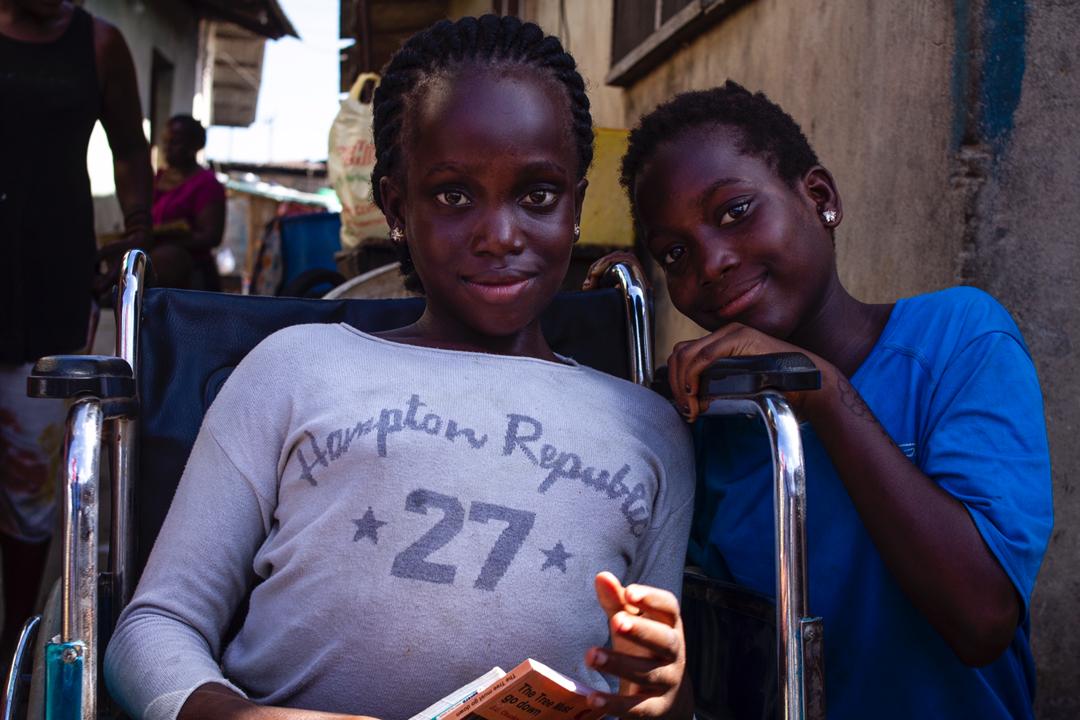
You are our 2020 Champion!




“How do we change the world?
One random act of kindness at a time.”
— Morgan Freeman





“How do we change the world?
One random act of kindness at a time.”
— Morgan Freeman
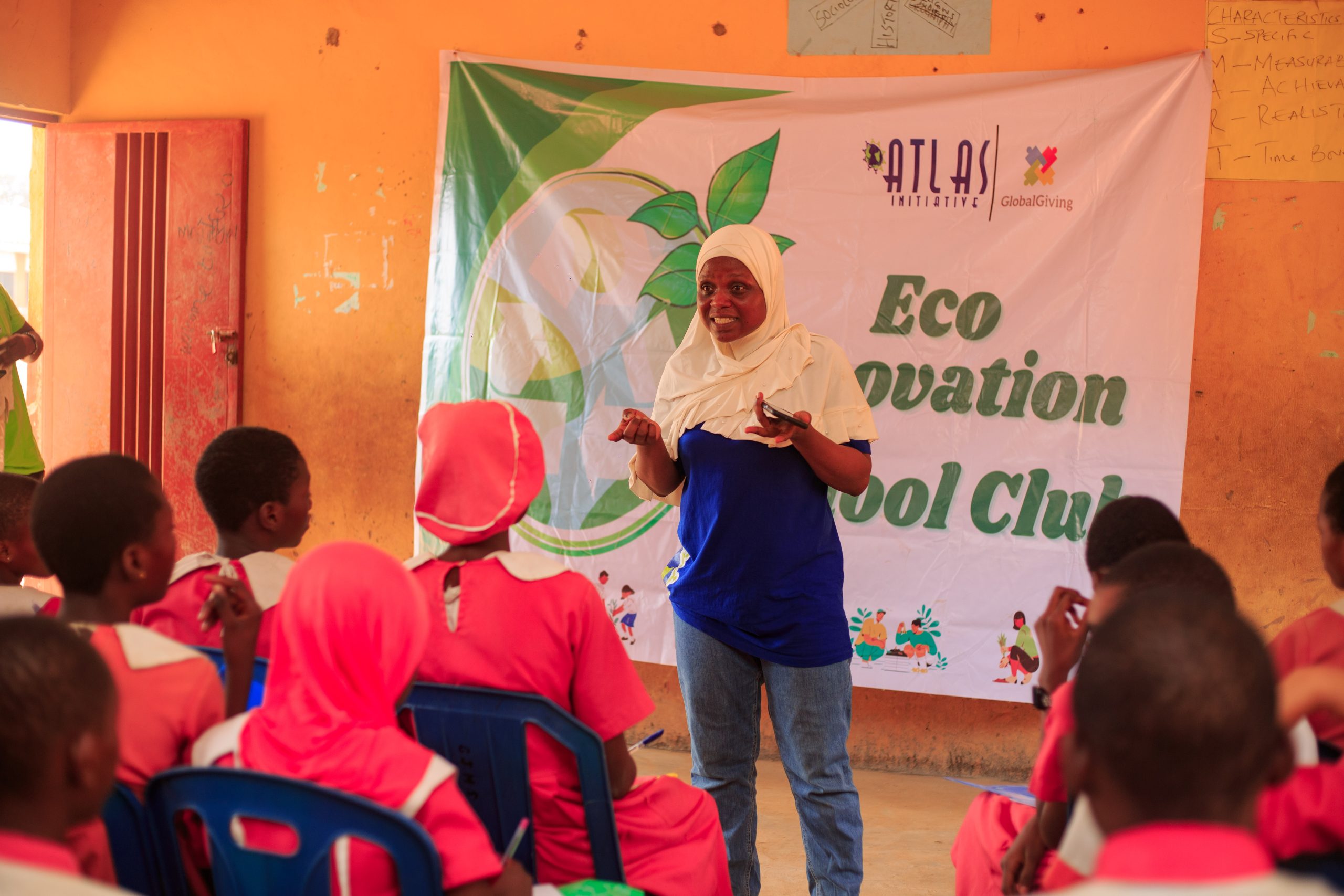

Access to Learning and School (ATLAS) Initiative, a nonprofit organisation that seeks to address issues of inequality in access to education and learning, has launched the Eco-Innovation Club project to promote environmental education and sustainability among secondary school students.
The project, which holds in Oregun Junior High School in Lagos, aims to create a learning space where students can actively engage in eco-innovation, waste management, and sustainable practices.
Furthermore, to formally launch the project, ATLAS held a capacity building session for 10 selected teachers of the school on Wednesday, January 31, 2024. The training was to sensitize them on the importance of environmental sustainability and how they can support the school club.
The teachers in charge will select 50 of their most innovative, brilliant and confident students including school prefects and students to commence the club in a week.
Through hands on activities and programs, the Eco-Innovation Club Project will instill a culture of sustainability, and promotes active student participation in creating a greener, more sustainable future.
The one-year project is funded by GlobalGiving, a nonprofit that connects donors with grassroots projects around the world.
The project is in line with ATLAS’s commitment to promoting environment education and sustainability among young minds.





At ATLAS Initiative, we work with volunteers to promote access to life-long learning opportunities in developing countries. To this end, engaging young people in social action to ensure quality education and advance lifelong learning opportunities for everyone, is an essential part of this project.
This program is indeed imperative and timely considering the struggling economic situations of the country as a result of the COVID-19 pandemic, as well as, the fact that it addresses the Sustainable Development Goals 1 (No Poverty), 4 (Quality Education & Lifelong learning), 8 (Decent Work & Economic Growth), 10 (Reduced Inequalities) and 17 (Partnership for the goals). Not only that, it seeks to bring young and old people together to make a difference in their own lives and places where change is most needed through sharing of knowledge and experience with one another.
Accelerate program guarantees quality courses to improve your knowledge and opportunities to work with a team of professionals in Business Development.
Apply today and get the following absolutely free
● Business development strategies
● Financial Intelligence
● Digital Marketing

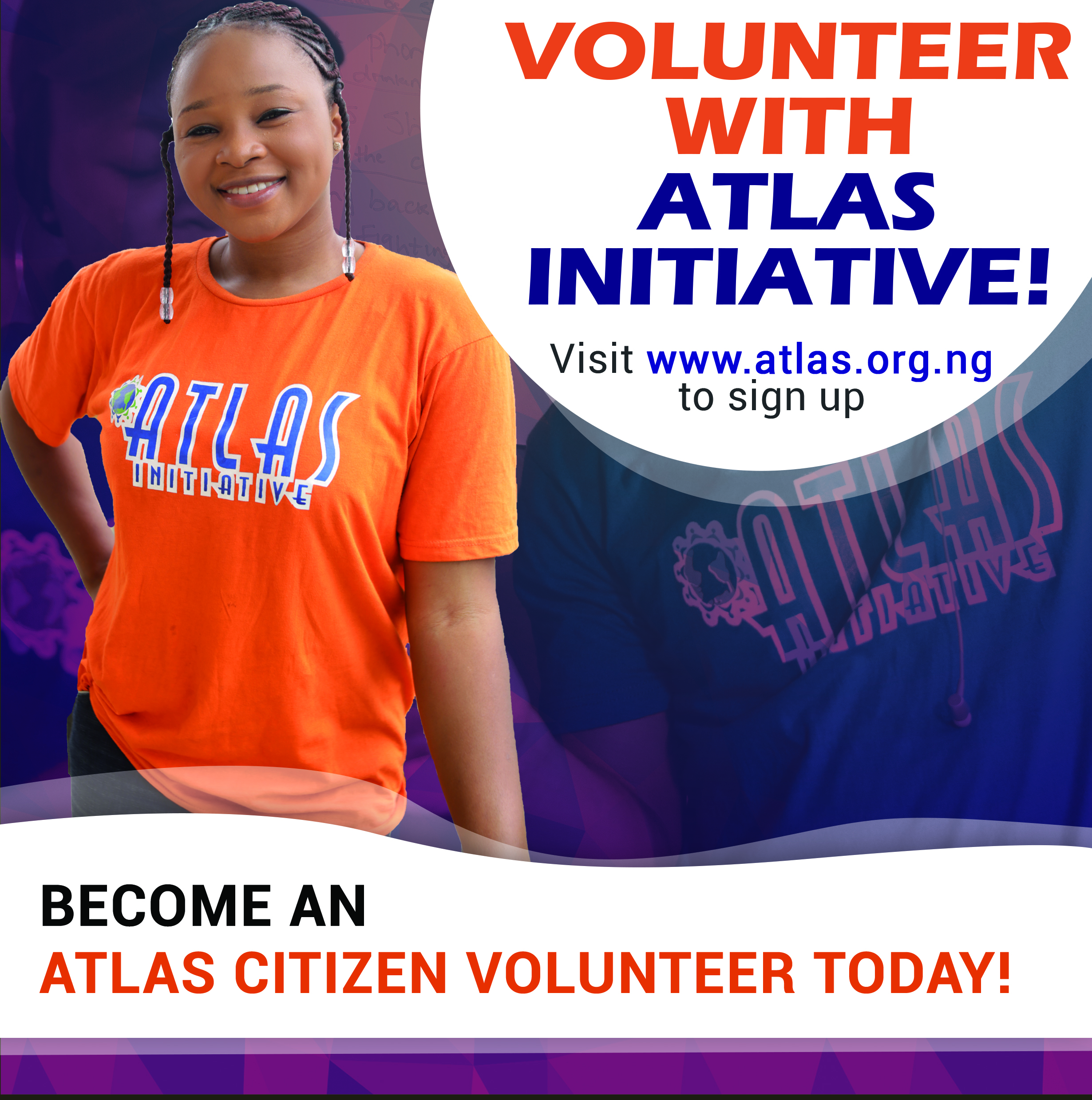

https://forms.gle/xUYNvZEV1oEFXdAb8
Applications are open for the ATLAS Citizen Volunteer Program. The program is designed for creative and exceptional ethical leaders in civic engagement and social entrepreneurship who are willing to volunteer on a program set up to engage young people in social action to ensure quality education and promote lifelong learning opportunities for everyone. This program intends to generate impact in three areas:
Project placements on the ATLAS Citizen’s program will allow for volunteers to gain hands-on skills in delivering selected projects run by ATLAS Initiative and its partners.
Eligibility
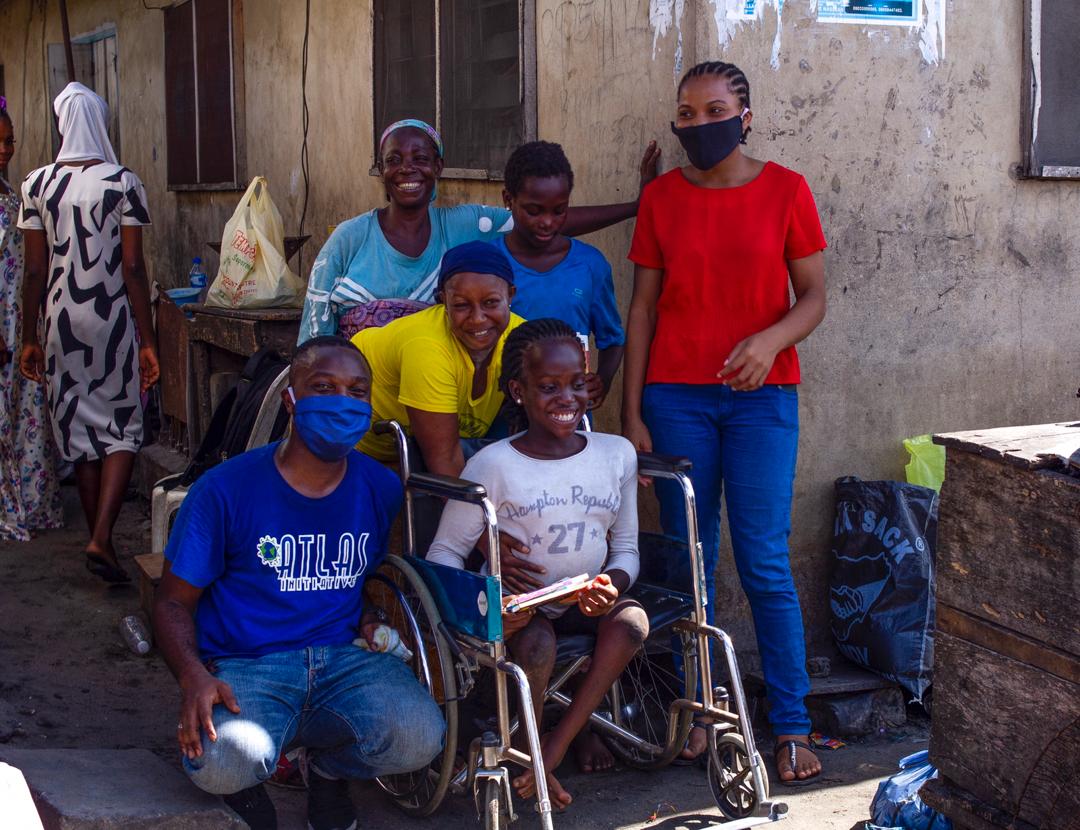
When Kehinde Fatai woke up yesterday, it must have seemed like another regular day. The wonderful and vibrant 11 year old twin lives with her parents and siblings in Sangotedo, a community in Ajah, Lagos State. Kehinde has lived with a physical disability since birth. This hindered her access to formal education. While her peers and siblings rushed to school every morning before the outbreak of COVID-19, the young Kehinde stayed at home in this natural confinement since her struggling parents can’t afford to send her to a school for children with special needs.
Sometime ago, one of our volunteers, Stella Akingboye, who is located at Ajah identified Kehinde, noticed her physical disability realizing how it had deprived her of benefits that life has to offer. Stella shared this compelling story with the team and we reached out to Kehinde, and promised to get her a wheelchair and the education she deserves.
We fulfilled part of that promise yesterday, with a surprise visit to Kehinde’s family. You can imagine her excitement! Of course, given how much we love learning, we gifted some books from our library for the kids to read and improve their literacy. We, also gave some foodstuffs and hand hygiene supplies to her family.




Kehinde’s story is just one, out of many. This is our little way of bringing a smile to a child’s face to celebrate this year’s children’s day. Many thanks to all our donors for making this possible.
Please support a child like Kehinde today through ATLAS Initiative. Visit www.atlas.org.ng to find out how.
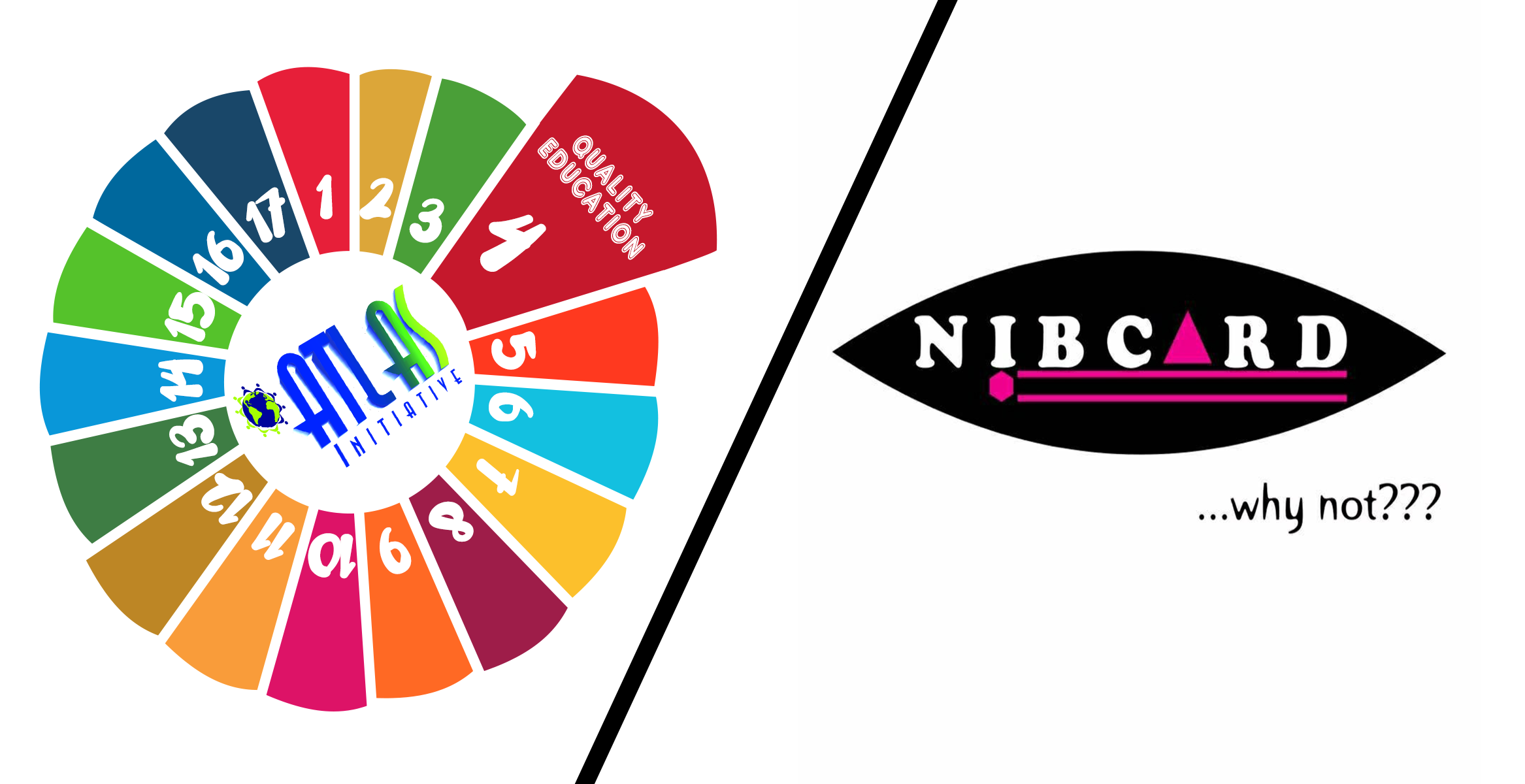
We all acknowledge the importance of education in the life of an individual. While some see education as inculcating morals and values in a child, others see the need to enroll children in schools. Yet, a few assure that it is in the need of a child learning a trade. Understanding and acknowledging the importance of all three aspects of education from different perspective, we need to emphasize the importance of sending children children to school. Schools afford the child access to learn from not only teachers, but students alike. A child learns about arithmetics, spoken and written words, economics, science, and philosophy of how the world works. All these, though, should not limit the child to a Teacher_Student environment. An important question we need to ask ourselves is this. How important is play to the education of a child?
Needless to say, kids love to play. The freedom to make merry and laugh heartily is nothing compared to the solemn quiet of a classroom. Play to children is a means of self expression and self actualization. Majority of doctors, lawyers, and teachers dreamt up their professions from role playing while they were children. Should it not then be that play be a medium of learning?
ATLAS Initiative in conjunction with NIBCARD, on Wednesday, the 7th of November organised the African Board Games Fair for students in secondary school. Children from different schools like Prudence Secondary School, Adroit Secondary School, Oregon Junior High School, and Agidingbi Grammar School, were in attendance. The event introduced the students to Nigerian-Made games and exciting competitions. There were games like the 17-step game, Nwanyi-aga, Homia, and the most popular of them all, Luku-Luku. These games trained the minds of the students. The Luku-Luku game in particular was to train the eye and hand coordination in the children. The game was an avenue for them to learn arithmetic and geography.
Children with special needs were not left out of the fun. They participated in the games with the aid of an interpreter.
Educating a child should not always be restricted to the four walls of a class room. Room can always be made on the playground.

“THE MIND ONCE ENLIGHTENED CANNOT AGAIN BECOME DARK” – Thomas Paine
ICT is a said to be an integral part of modern life. Information and communication technology (ICT) in education is important because it has quickly become one of the basic building blocks of modern society.
“Teach me and I forget, teach me and I may remember, involve me and I learn” (An ancient Chinese proverb). This quote came as a reminder of what ICT training does; real-time learning. It goes a long way beyond the theoretical lessons been taught in class we were able to assign two kids to a computer so they could work together and understand better. These kids were trained on Web Development with the use of JAVASCRIPT, CSS, and HTML through which they were able to design a greeting card with styles and colors of their choice.
There were several moments were you could catch a glimpse of the excitement on the faces of the kids who were ready and eager to learn despite the inconveniences. It was one of a kind because Tech-Week was planned to serve these kids who won’t have had such an opportunity if not out of volunteering.
I was put in charge of the coordinating unit which was not my first experience in the case of dealing with school kids. However, this seemed totally different from what I am used to, which was dealing with kids in a religious setting (in a church). Some kids were not really producing outcome as expected after learning during practice. This was a tough moment where I saw myself organizing and motivating the kids and letting them understand that designing is like a language for expressing themselves. At the point, I came to realize that volunteering could bring experiences that call for extra effort than you had prepared for.
Finally, this project has shown me the importance of practical learning – how fast one can learn in a short while, unlike theoretical learning. Also that ICT is the future of human interactivity, and that future is NOW!
Looking forward to TECH-WEEK 2.0
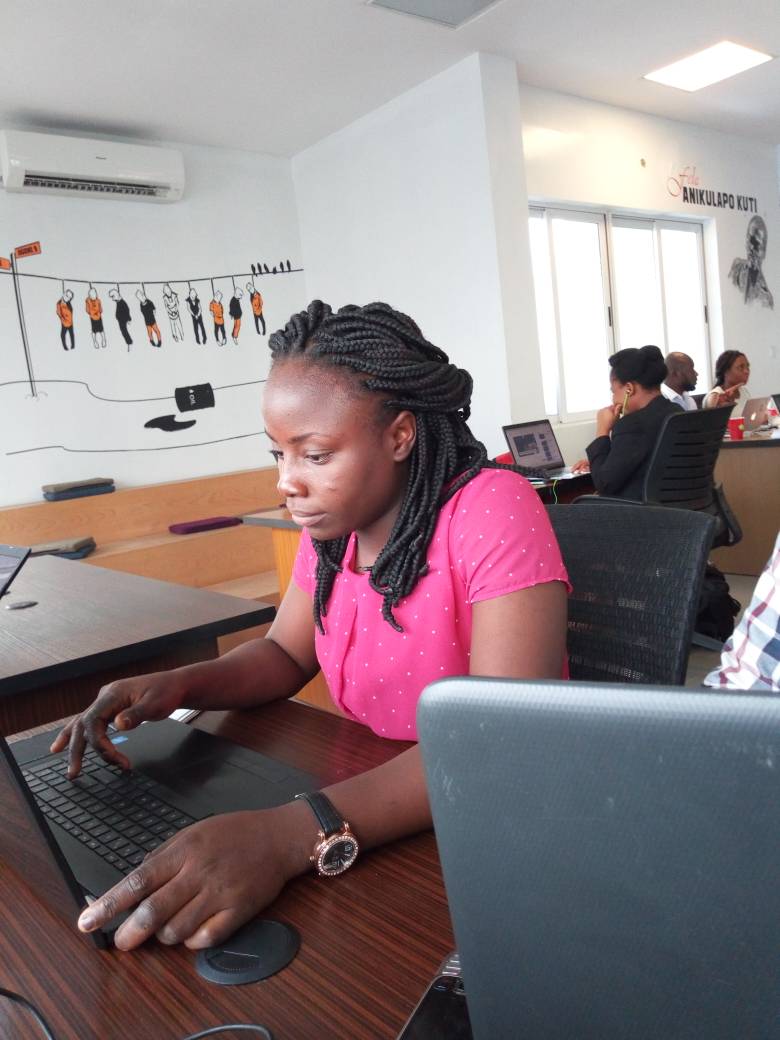
I returned to Nigeria in August 2017 from Cyprus, originally just for the National Youth Service Corps (NYSC) program which was to last for the next one year. I had studied international relation in Cyprus for a period of three and half years which was an interesting and challenging period.
I first had my volunteering experience during the early period of my return from Cyprus. I volunteered for Deeper Life Bible church, Apo, Abuja, as a team lead of the sanitation unit. During my time as the team lead, I successfully got all the children involved and excited in the sanitation exercise. This was an awesome experience because I had never had the opportunity to work with a large number of children before.
By November 2017, I was posted to Lagos state for my National Youth Service program. Therein, I was assigned to my place of primary assignment at ATLAS initiative, where my full-time volunteering experience began. ATLAS is an acronym for Access to Learning and School, which is a social enterprise that seeks to address issues of inequalities in access to education and learning particularly in marginalized communities. Working at ATLAS wasn’t a coincidence for me, because I knew it was a learning organization and I was interested in my personal development and grooming my passion to serve humanity. I am enjoying my role as a public relations personnel, which means work feels like play for me.
My very recent experience on one of ATLAS’s program, was on the visit to Epe local government area, for the Access2School project. Epe is a small town close to Lekki lagoon on the out sketch of Lagos, which has about 200,000 inhabitants. Although a suburban, Epe is opening up for infrastructural development.


The Access2School project is focused on bridging the learning gaps between vulnerable marginalized children from rural communities by facilitating their return to formal education. On our first trip, we conducted a community mapping exercise, where we identified stakeholders (visiting the local government officers, traditional rulers (OBA’S), community members and NYSC local government Inspector) within the local government. This process had a lot of exciting moments for me, I was opportune to meet with Oba’s of Poka and Dr. S.O Adewale Oluepe of Epe. This I was experiencing for the first time.
This experience has helped improved my level of exposure, and built my confidence as a public relations personnel. I have learnt so much about the Yoruba culture, most especially a lot about Epe as a rural community. I feel a lot of fulfillment knowing I was part of the success story of children being enrolled back into school through the Access2School project. And so this marks the beginning of a new chapter of my life as a volunteer under the platform of ATLAS Initiative.
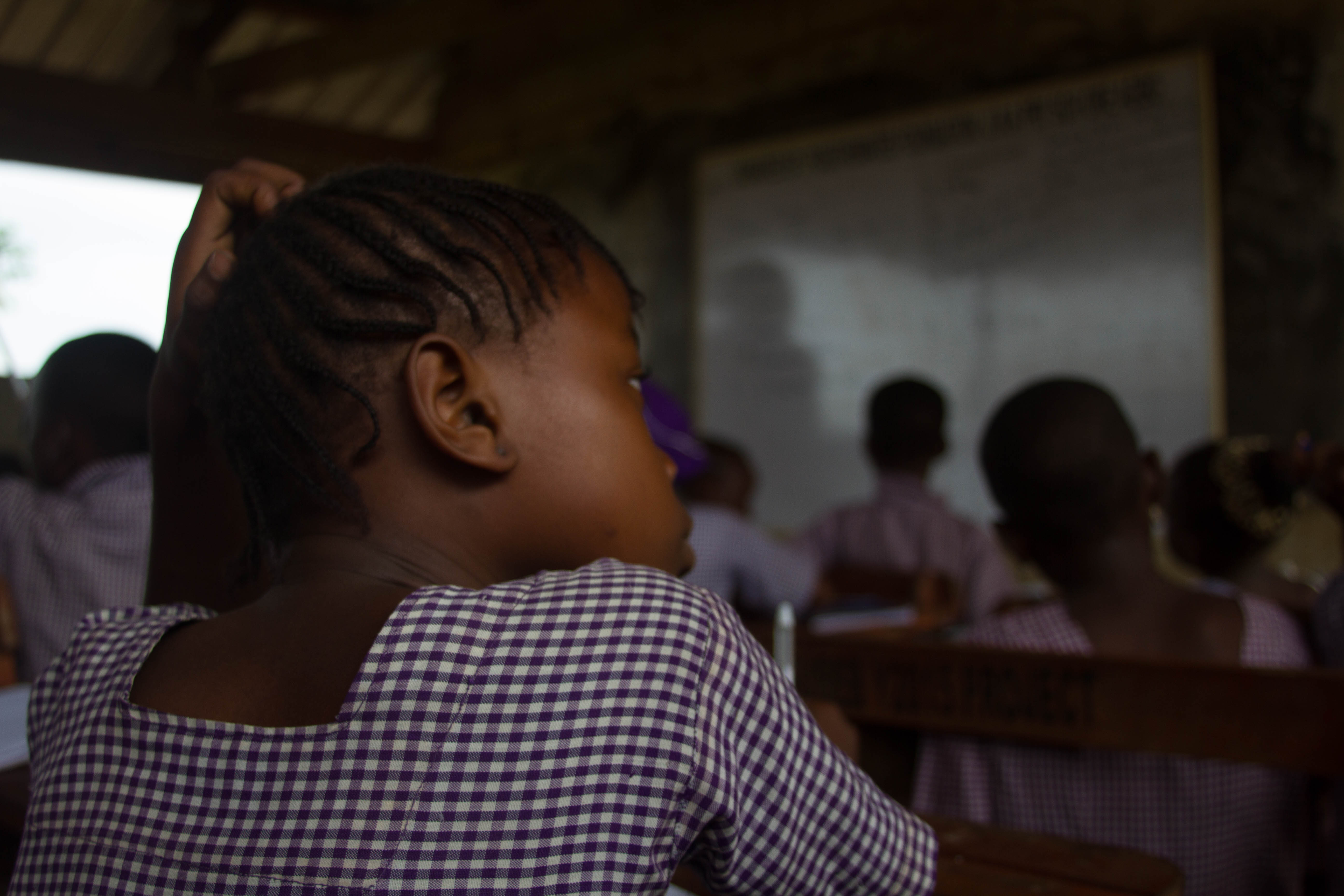
It is no news that majority of students in school are not learning. Here, we would delve into the reason why this is, and express our suggestions of possible solutions to this issue.
To be clear, these are just our opinions and we would like to know yours
If you want to find a child who lacks quality education today, one of the best places to find them is in school. It’s quite ironic that the citadel of learning has now become the breeding ground for “half-baked” graduates. The initial good news is that the children are in school getting some form of education in the least. But the bad news is that their presence in school does not translate to acquisition of knowledge. Hundreds of millions of children are starting school, going day after day, year after year, but not really learning.
Schooling without learning is just time served.
Unfortunately, Nigeria is not excluded from this list of having to school without adequate quality education.
Some primary reasons why kids in school don’t learn include:
.
The Sustainable Development Goal 4 (Quality Education), Target 4.1 was set up to address this issue. It states “By 2030, ensure that all girls and boys complete free, equitable and quality primary and secondary education leading to relevant and effective learning outcomes”.
Here are listicles of suggested solutions:
Comfort is very essential when it comes to learning. There must be adequate learning facilities provided in a conducive environment to ensure that quality learning takes place. It is important that students are provided with adequate facilities for play, in order to relieve them of stress they might experience at home. Competent counselors that would be available to help the students with issues and develop proper coping strategies are also important.
It is not only essential that the children are able to hear the words of their teachers, but are also able to see examples of what they are being taught. For instance, it would be much easier to remember parts of the skeletal system when one sees an actual skeleton and can reference one’s body parts
That is how we can turn good news on schooling into good news on education and ensure all children are in school – and learning.
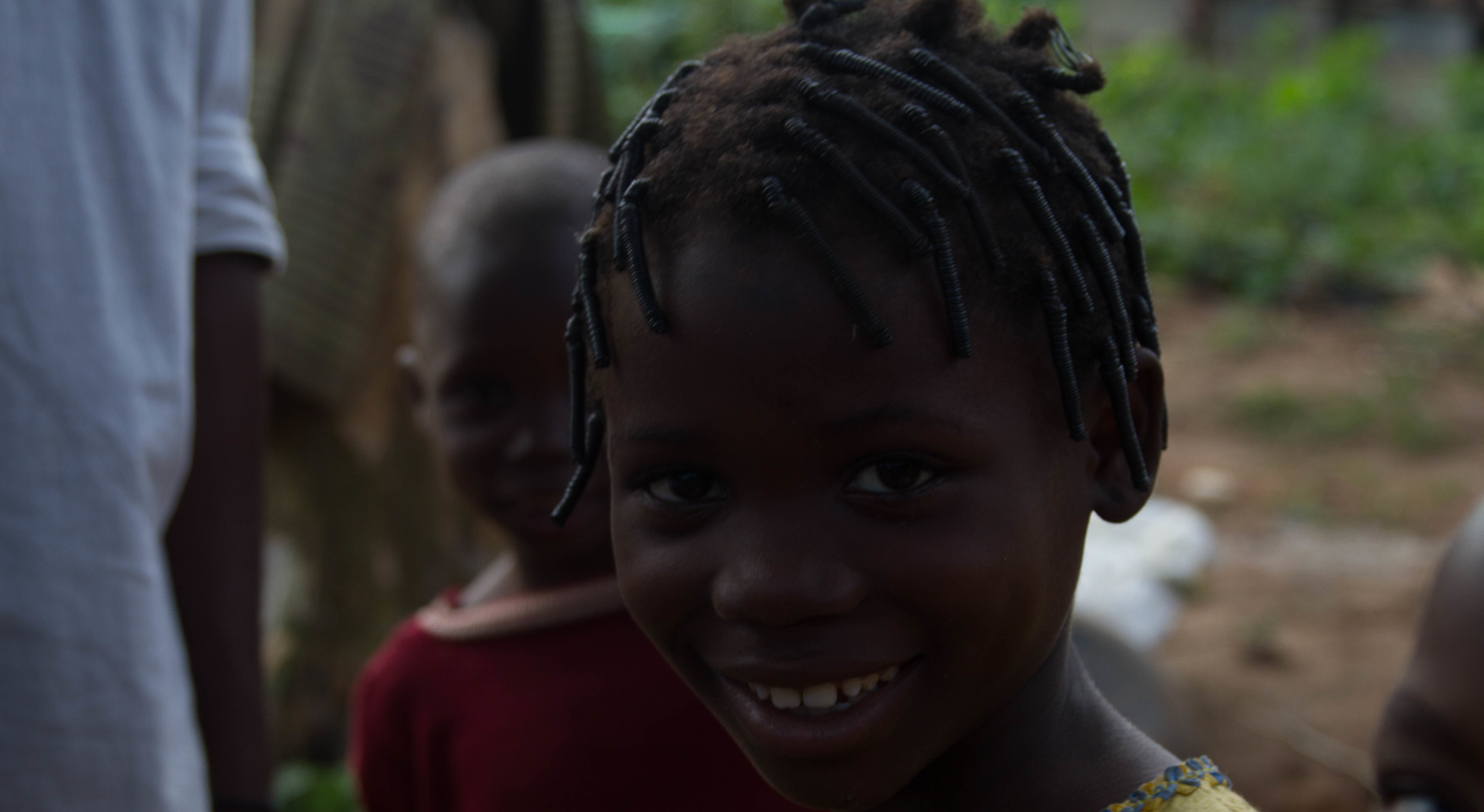
The target of the sustainable development goal 4 is to achieve the overall improvement in the access to inclusive and quality education for all by 2030. However, there has been no sign of any rapid reduction to meet this target. On the contrary, there has been a slow down since the year 2000 compared to the earlier years on the global scale , the most affected people are the youth of secondary school age. With regards to gender, the female are the highest out of school on the global scale. Poverty and other structural problems are the reasons behind the challenges. One of the structural problems includes menial jobs that youth find after lower secondary which diverts their attention from education to trying to contribute to the family income at that stage. This increases the number of out of school children. Also, the level of income is one other significant pointer that reflects the tendency of a high number of children being out of school in a given country.
Considering the regional level, sub-Sahara Africa where Nigeria is included has the highest level of out of school children in all categories e.g. sex, age. Nigeria’s plight in the sub-Sahara out of school children as at 2016 is between 20% and 40% at the primary school level. Another problem that persists at the regional level is the gender disparity which have been considerably reduced in other parts of the world while sub-Sahara Africa remains unchanged.
Therefore, it is evident that poverty should be tackled alongside access to education.
There is about only a decade left to achieve the SDG4- which is quality education. Hence, it is a matter of urgency. The innovation of new strategies and policies as well as a pool of resources to achieve this goal will bring about the rapid decline in the number of out of school children, such strategies include support for helping the parent to invest in a business that could provide funds to send their children to school. Also such business will allow the child to focus on education rather than joining the contributing to the family income through a menial job.
The ultimate strategy, however, is to engage the school and government who are also direct stakeholders to re-examine their policies in view of 2030. While the school can consider their cost, the government can ensure that allocated funds get to the targets in the right amount and time. Social enterprise should be supported as the serve as an intermediary that bridge the distance between government and school while they also accelerate the fulfilment of the access to education which is measured by a number of out of school children.
The SDGs -4 only remain achievable goal if all these stakeholders would create a synergy for the next decade.